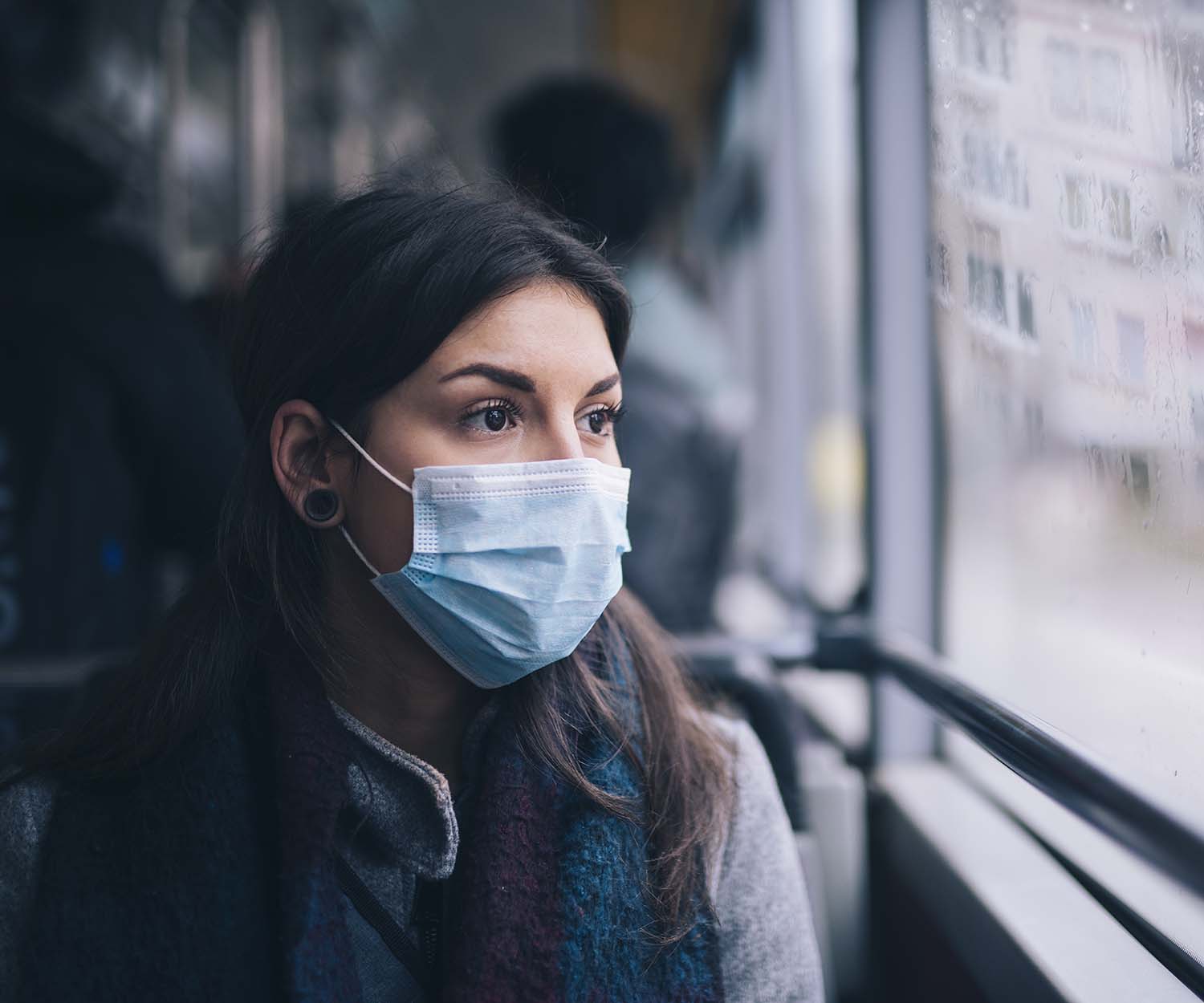When I was a child I heard stories of a family member who had been sent away from family and school to a sanatorium, where he was confined until he recovered from tuberculosis (TB).
These were the days before effective antibiotics, and TB was greatly feared.
Like coronavirus, you either survived it or you didn’t, but you had to be isolated until you were no longer contagious.
And in the 1940s there was a public anti-spitting campaign in New Zealand in an attempt to reduce transmission of tuberculosis in urban centres.
The world should have been better prepared for an epidemic like this. After all, there is an epidemic of influenza every year. And every year people die from the flu.
It’s estimated that between 10 and 20 per cent of New Zealand’s population get the flu every year and about 750 people are admitted to hospital because of the illness.
Perhaps we are lulled into a false sense of security because it is so common that we just accept that there is a “cold and flu season”, or because there is a vaccine for the flu each year, or that if we get sick the health system will have the ability to get us better.
The 2019-2020 flu season in the northern hemisphere is on track to be one of the worst in years.

The Centers for Disease Control and Prevention (CDC) in the United States has estimated that between October 1, 2019 and February 29, 2020, there were:
34 million to 49 million flu illnesses.
350,000 to 620,000 hospitalisations because of flu.
20,000 to 52,000 flu deaths.
It is a matter of faith that we prepare the right vaccine to match the particular strains of flu that are likely to circulate in the southern hemisphere each coming winter.
Some years, though, a new strain emerges after the vaccine has been prepared for the season which means no protection from that strain.
This raises the question of what else we could be doing to take the flu more seriously.
Those of us in Western countries look bemused at images of people in Tokyo or Hong Kong wearing masks. Maybe we are starting to understand why.
As a doctor, I find myself assessing risk and thinking about disease prevention all the time, so it makes absolute sense to me that if someone thinks they are contagious, or wants to avoid catching a potentially serious infection, wearing a protective mask is a fairly sensible thing to do.
In general practice, it is common to see patients who have been on holiday and have caught an infection in the plane on the way home.
This brings me to the community reaction to the news of the Covid-19 epidemic.
The lack of clear guidance initially set off a panic. People rushed out to buy hand sanitiser, which was scarce.
As the epicentre of the epidemic was in China, and before travel bans were in place, many people stayed away from Chinese businesses and restaurants or even, ridiculously, avoided people of Asian appearance for fear of exposure.
Hearing someone cough on the train or bus had you ducking for cover, wondering if that cough was an asthma attack, smoker’s cough or something more sinister.

All over the world, people were trapped in quarantine on cruise ships.
Special flights had to be arranged to evacuate people who found they were unable to return from China when the borders closed.
The coronavirus epidemic is far from over. It is worse than influenza because we still don’t understand exactly how it spreads and we don’t have a vaccine.
Having said that, keeping your other vaccines up to date is sensible. The pneumonia vaccine will not protect you from the viral pneumonia of coronavirus, but it will protect you from pneumonia caused by a secondary bacterial infection.
I recommend it for people over 65 – ask your GP if it’s right for you.
Coronavirus is a stark reminder that we should not be complacent about preventing the spread of any contagious illnesses. It also reminds us that we are not invincible, even with the advantages of antibiotics and modern medical treatments, and we can all take actions to help keep each other safe.
Covid-19 facts and tips
Common symptoms are fever, cough, sore throat, shortness of breath and fatigue, though there may be none for up to 14 days. The disease ranges from mild to life-threatening.
Seek advice when you have any combination of the above symptoms or feel unwell. Call ahead to your GP or call Healthline (0800 358 5453) and follow the instructions for self-isolation at health.govt.nz
Wear a mask if you have any symptoms or have been diagnosed, to protect others. If you are in close contact with an infected person, a mask reduces the chances of transmission to you but is not a guarantee.
A vaccine takes time to develop and test for safety. Don’t expect one to be available within the year.
Normal hand soap is enough if you wash your hands properly for a minimum of 20 seconds. Sanitiser is helpful on the go.

For more informative, inspirational and entertaining reads pick up the latest issue of The Australian Women’s Weekly. Available in supermarkets now.
 Getty Images
Getty Images



